Are you starting a new business and wondering what the best set up is for you? If you have decided to create a corporation, rather than perform business as a sole proprietor, you need to decide the type of corporation that will work best for you.
LLC
LLC is the most common entity formed. Members receive the same liability protection as shareholders in a corporation. A one-member LLC will be taxed as a proprietorship for federal tax purposes as it does not have a separate tax existence, unless the individual elects to get an EIN and files Form 8832. The use of one-member LLCs is not restricted to individuals in most states. Corporations, non-profit entities, partnerships, and other limited liability companies can own a one-member LLC. LLC’s operations are controlled by its articles of organization. It is a form of entity that is easy and quick to form, yet it gives its members protection by keeping personal and business assets separately.
C-Corporation
C-corporation is another type of entity that protects its shareholders’ assets similarly to an LLC. The big difference between the two is in how it is taxed. A C-corporation has its income and expenses taxed to the corporation. The owners then receive dividends from that amount and must pay personal income tax, creating double taxation. Because the same money is taxed at the corporate level and again at the personal level as dividends, many might not like that structure. This is a good choice for your business if you:
want to offer stock options to your employees;
want your business to own real estate;
want flexibility in spreading the business earnings between the corporation and its shareholders; or
want business earnings to stay in the business to grow it.
S-Corporation
S-corporation can be formed by filing a form with the IRS and with the state where the entity is incorporated. Like those mentioned above it gives the same protection to its shareholders, but the major difference is in how it is taxed. It allows the profits and losses to pass through the corporation, but appear on the shareholder’s personal taxes, avoiding double taxation. Its taxing method is similar to that of a partnership, but the shareholders of the entity enjoy the perks and protection of a corporation.
Call or text Sobon Law, LLC today at (216) 586-4246, to speak with an attorney who can help choose the right entity for you.



